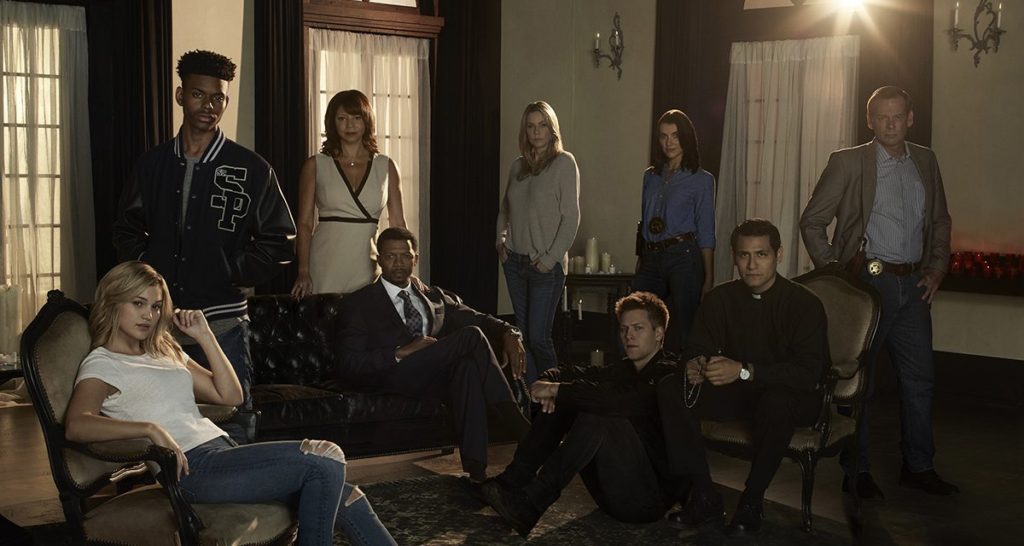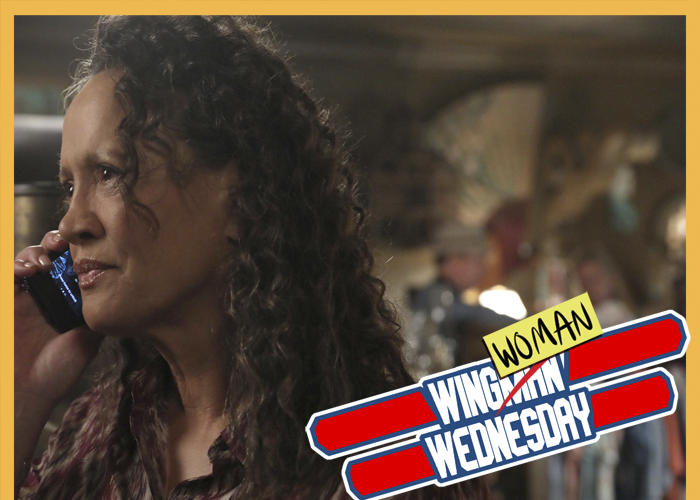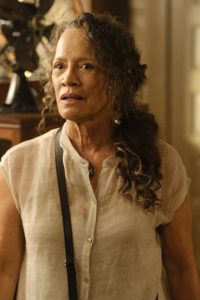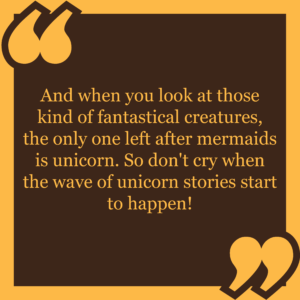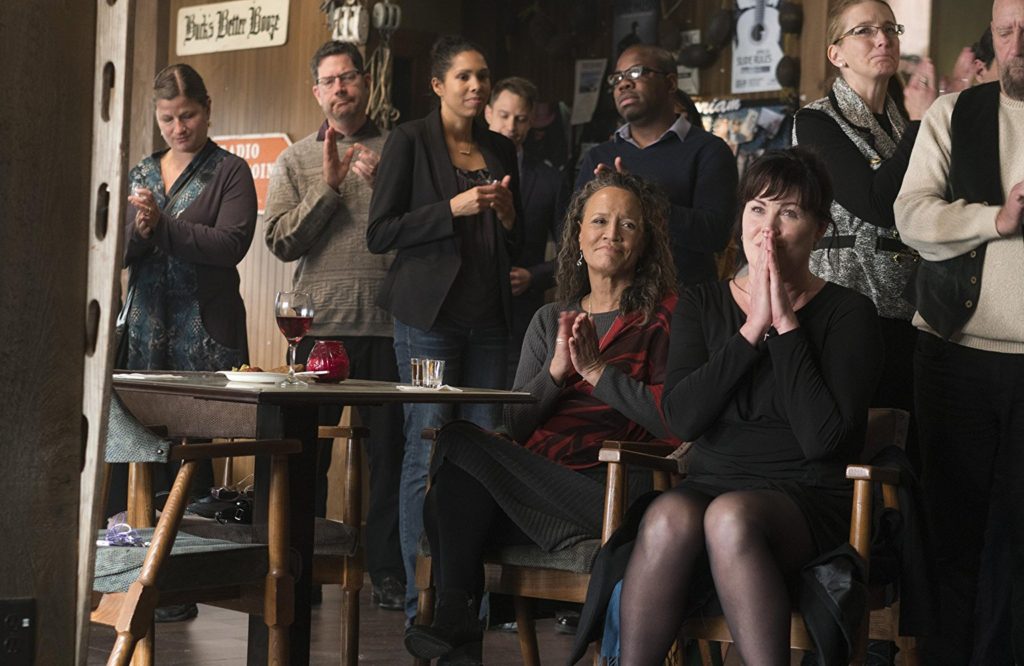With a tremendous fan base that cares deeply about its characters, Freeform’s Grown-ish continues to grow into its own creative skin, developing long-form storytelling that viewers tune in for both on the network and on Hulu, which airs episodes the following day. As Javier, Miami-born Henri Esteve is a part of that magical mix, though he has his sights set on so much more in the industry, which we were happy to break down with him in our latest seven question session.
Featured Image By: Emily Knecht


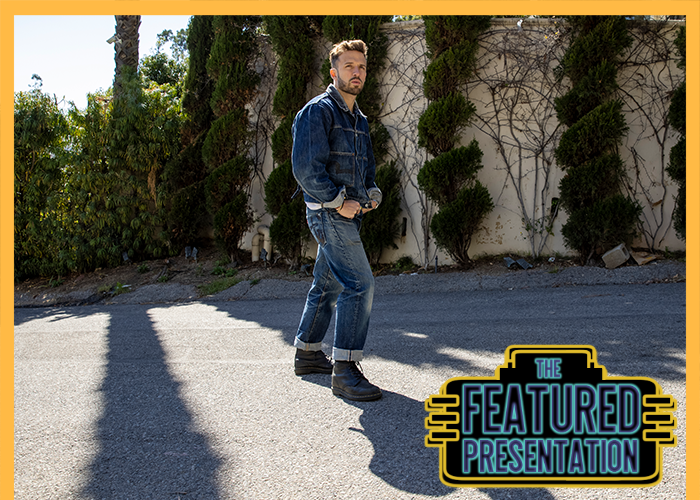

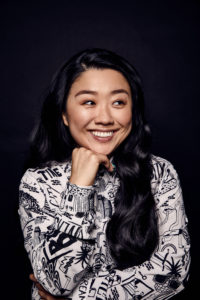
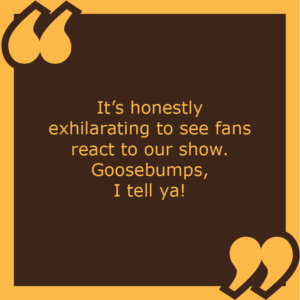
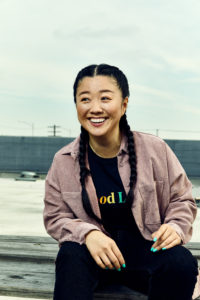
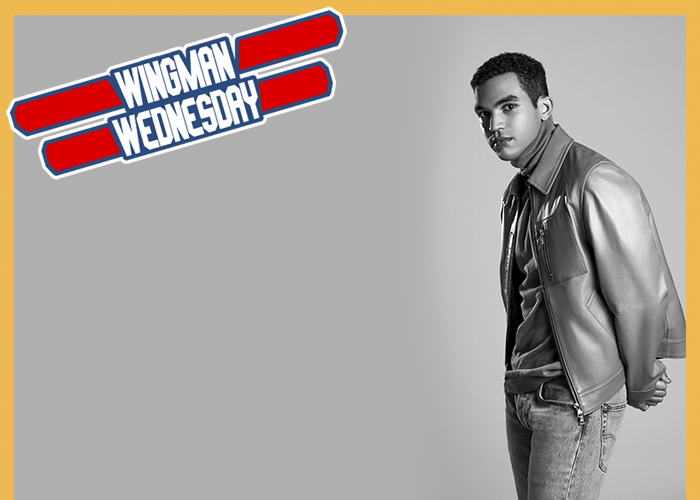
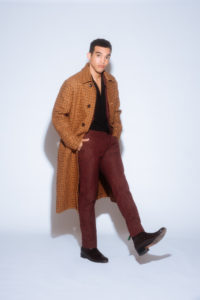

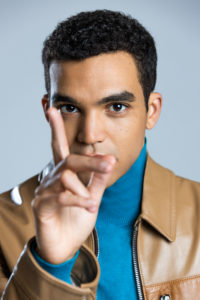
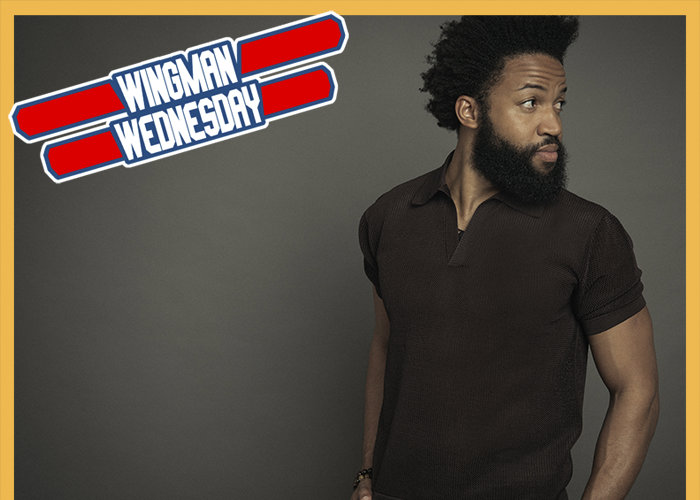
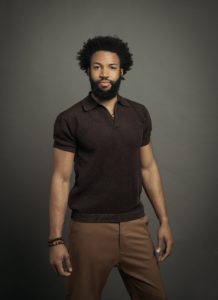
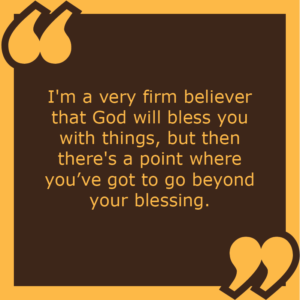
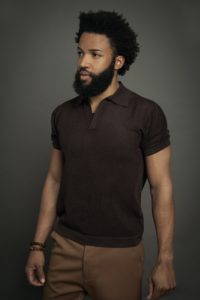
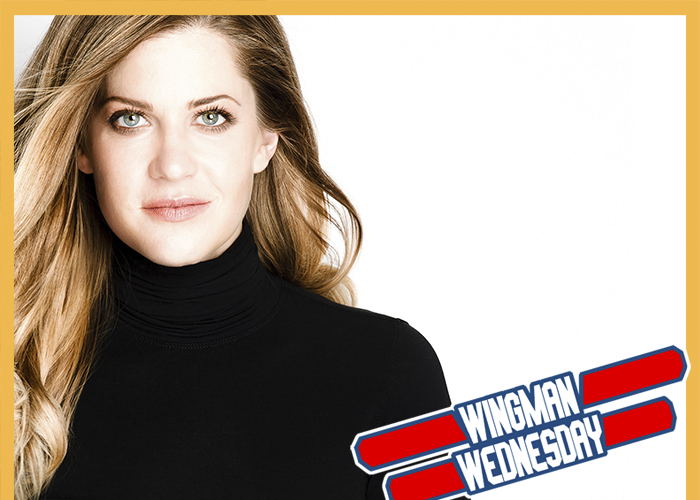
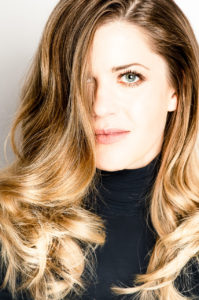
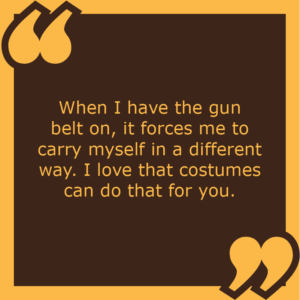 her so I could add in a bit more of a personal story with her and the other characters.
her so I could add in a bit more of a personal story with her and the other characters.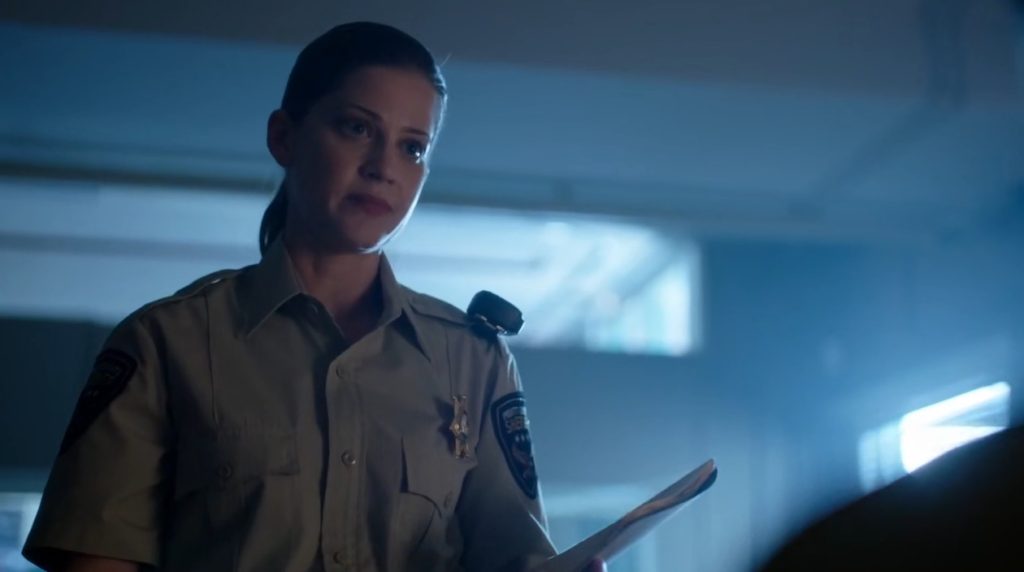
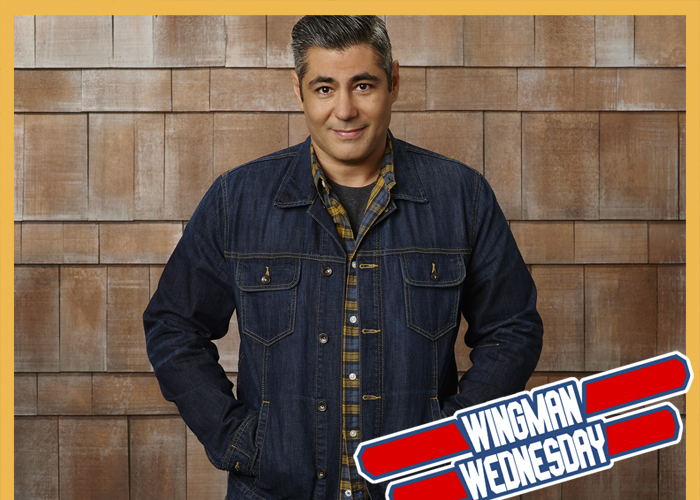
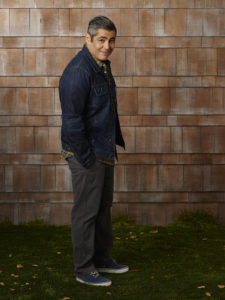
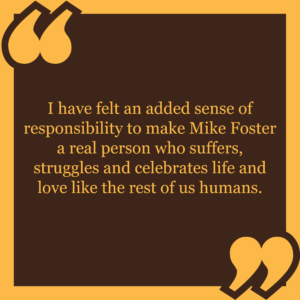 directly experienced a group of viewers who were so invested in a project?
directly experienced a group of viewers who were so invested in a project?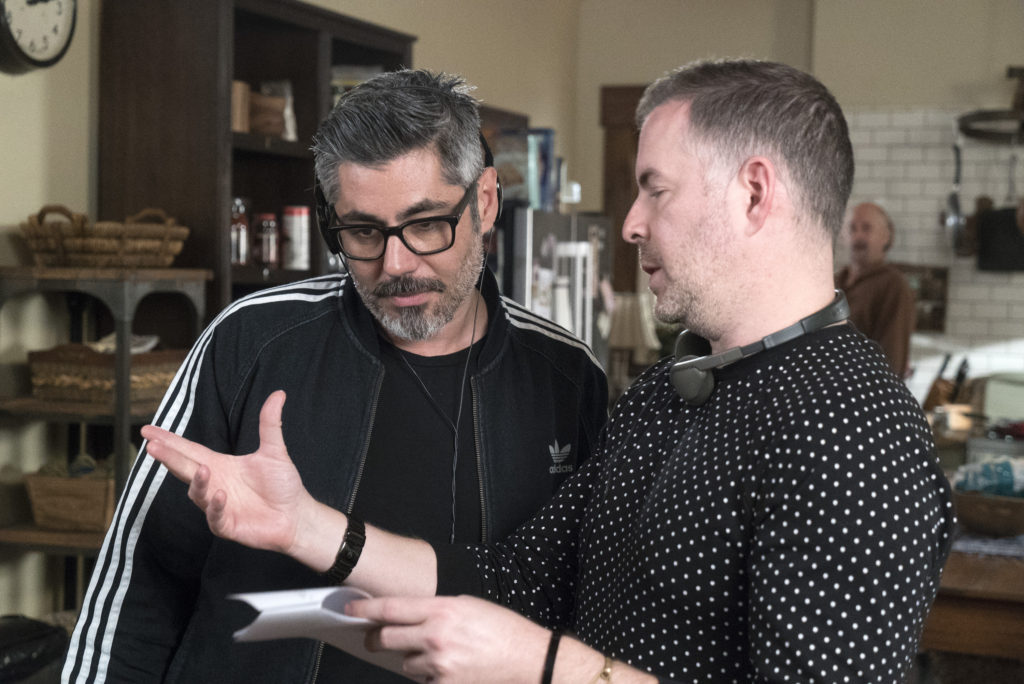
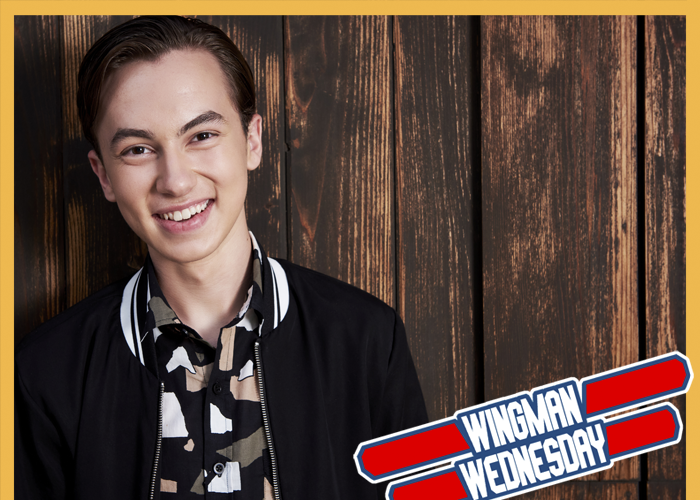
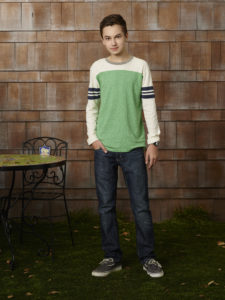
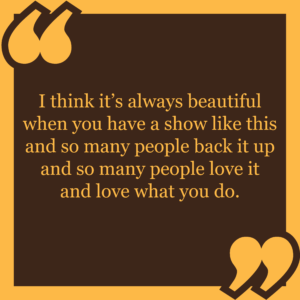 invested they became?
invested they became?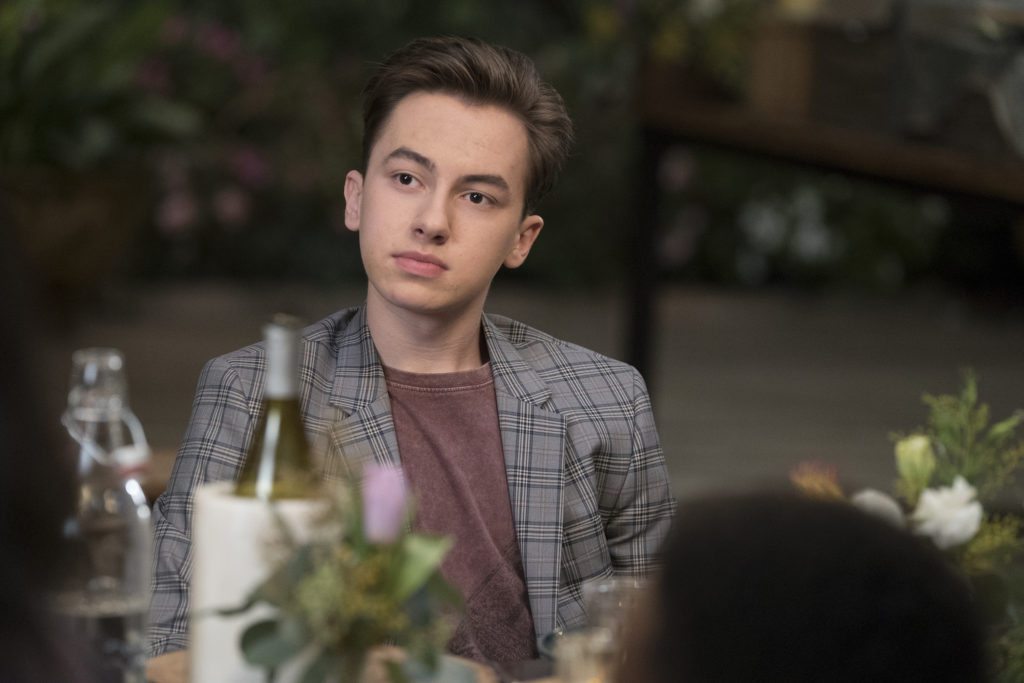
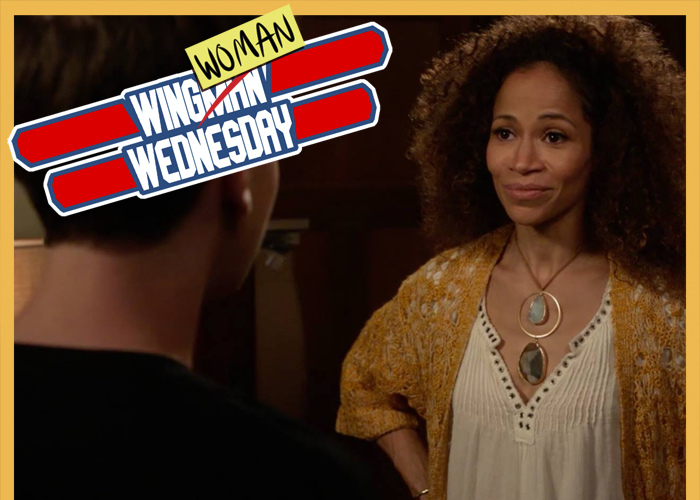
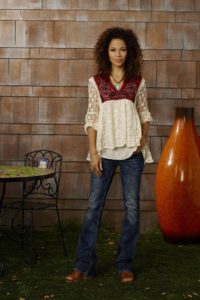
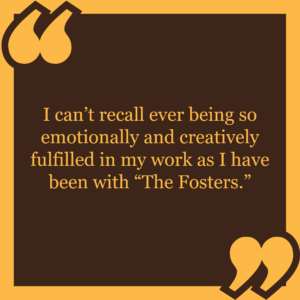 episodes set to start airing tonight on Freeform? Within that span, what were some of the biggest character shifts or storylines that you didn’t see coming?
episodes set to start airing tonight on Freeform? Within that span, what were some of the biggest character shifts or storylines that you didn’t see coming?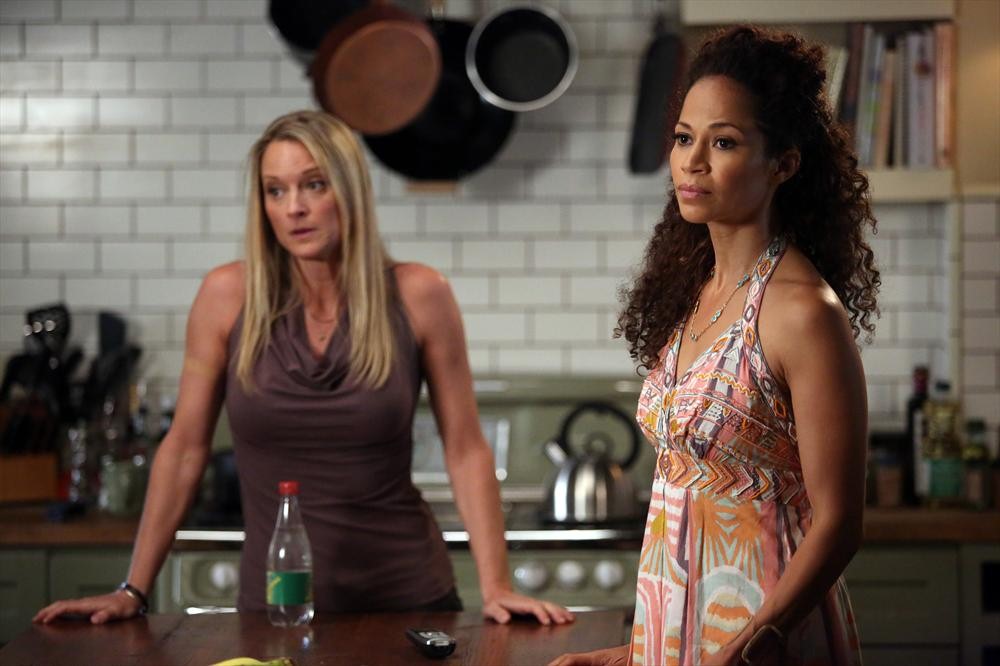
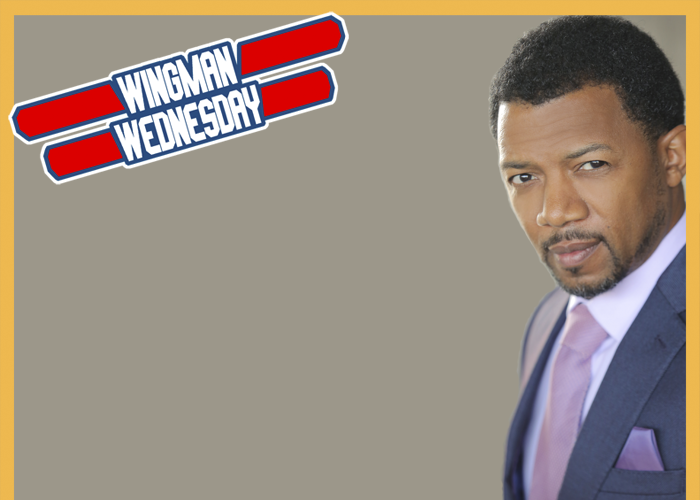
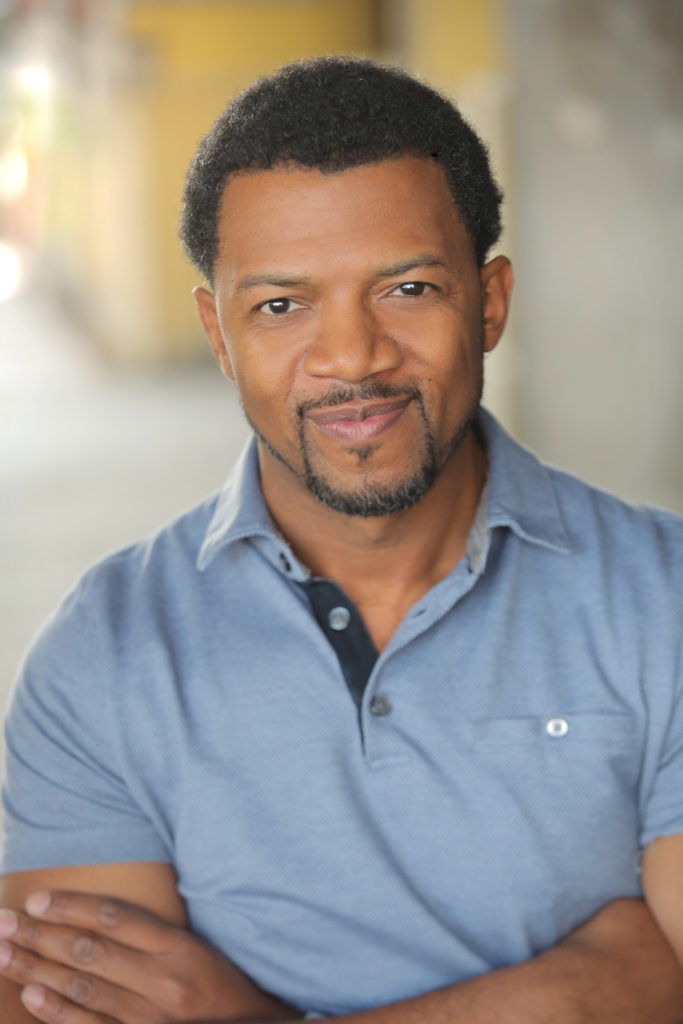
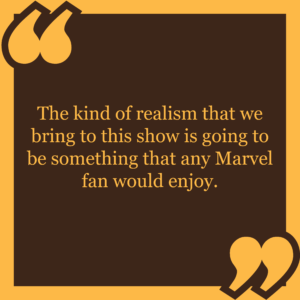 you and makes you care, in the family relationships for Tyrone and Tandy, as do Cloak and Dagger. We have people like Gloria Reuben who plays Adina, my wife on the show, Tyrone’s mother, and she’s just an amazing actress. The kind of realism that we bring to this show is going to be something that any Marvel fan would enjoy.
you and makes you care, in the family relationships for Tyrone and Tandy, as do Cloak and Dagger. We have people like Gloria Reuben who plays Adina, my wife on the show, Tyrone’s mother, and she’s just an amazing actress. The kind of realism that we bring to this show is going to be something that any Marvel fan would enjoy. 